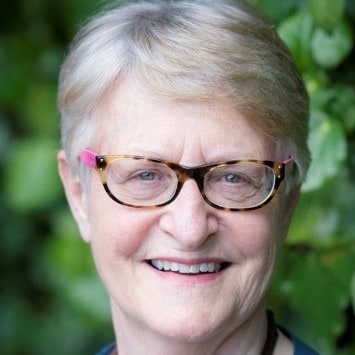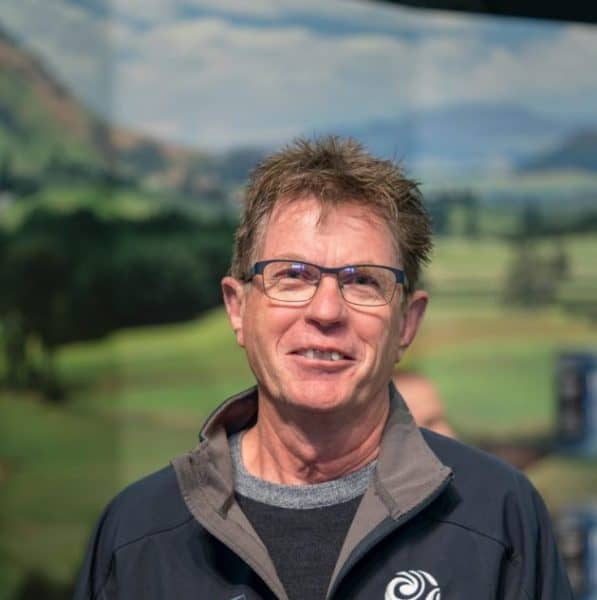How can our coastal communities adapt to an uncertain future?
Our Coastal Hazards research team present their recent work on coastal adaptation using the ‘Dynamic Adaptive Pathways Planning’ approach, the application of this approach to new challenges such as managed retreat, and ongoing and future work on enabling proactive coastal adaptation.
Webinar Speakers

Associate Professor Mark Dickson
The University of Auckland
Mark is the co-leader of the Resilience Challenge Coastal programme, and is an international expert in coastal processes and coastal management.
Mark has focused much of his research career on understanding the drivers of coastal erosion and exploring possible future shoreline changes under climatic change and coastal management activities.

Dr Judy Lawrence
Victoria University of Wellington
Judy is a Senior Research Fellow at Victoria University of Wellington and is considered an international thought leader on climate change adaptation.
Her work on the development and application of the Dynamic Adaptive Pathways Planning approach in coastal settings is now embedded in the National Coastal Hazards and Climate Change Guidance. Judy also sits on the board of the Climate Change Commission.

Dr Rob Bell
NIWA
Rob is the Programme Leader for Climate Adaptation in NIWA’s Climate, Atmosphere & Hazards Centre, and co-leads the Resilience Challenge Coastal programme.
A civil engineer by training, Rob has enjoyed a distinguished career spanning nearly 40 years working on coastal management, coastal hazards and climate change. Along with Judy Lawrence and others, Rob co-authored the National Coastal Hazards and Climate Change Guidance.

Guest Presenter: Rick Kool
Technical University of Denmark & Victoria University of Wellington
Rick is originally from the Netherlands, and is completing a Masters in Civil Engineering at the Technical University of Denmark. He came across the Dynamic Adaptive Pathway Planning (DAPP) approach and thanks to the efforts of Judy Lawrence and Rob Bell was able to carry out his thesis project in New Zealand, applying the DAPP approach to the adaptation of two-waters infrastructure in Petone, Lower Hutt.
